Ziran: The Daoist principle of naturalness and spontaneity
Ziran (自然), often translated as “naturalness” or “spontaneity”, is a fundamental concept in Daoist philosophy, representing an ideal state of being that arises when one aligns with the Dao. The term ziran literally means “self-so” or “so of itself”, emphasizing something that exists in its natural, uncontrived state. Unlike artificial constructs or forced actions, ziran denotes a way of existence that is effortless, authentic, and harmonious with the natural world. This principle permeates every aspect of Daoist thought, from metaphysics and ethics to aesthetics and daily life.
To fully appreciate the depth of ziran, it is necessary to explore its metaphysical underpinnings, its ethical significance, and its influence on Chinese and East Asian culture.

Dragon Pine, Wu Boli, Zhang Yuchu, circa 1400, China, hanging scroll, ink and color on paper. Source: Wikimedia Commonsꜛ (license: CC BY 1.0)
Metaphysical foundation of Ziran
In Daoist metaphysics, the universe operates according to the Dao, the ultimate and ineffable source of all things. The Dao is characterized by spontaneity and a lack of intentionality—it gives rise to the myriad things without conscious effort or design. Ziran is the mode by which the Dao manifests itself in the world. Everything that follows its innate nature embodies ziran, acting in accordance with the Dao without external coercion or artificial interference.
In the Dao De Jing, Laozi frequently contrasts the artificial with the natural. He criticizes human tendencies to impose rigid structures and rules on the world, suggesting that such actions disrupt the spontaneous order of the Dao. Instead, Laozi advocates for a return to simplicity and authenticity, where things are allowed to unfold according to their inherent nature. This metaphysical orientation underlies the Daoist preference for spontaneity over deliberate control.
Zhuangzi, in his eponymous text, expands on the idea of ziran by presenting numerous parables that illustrate how the best outcomes arise when things are allowed to follow their own nature. In one well-known story, Zhuangzi describes a skilled artisan whose mastery comes from working in harmony with the inherent properties of the material he uses. The artisan’s success exemplifies ziran, as his actions are guided not by rigid rules or techniques but by an intuitive understanding of the natural world.
Ziran and Daoist ethics
Ethically, ziran offers an alternative to moral systems that rely on prescriptive rules or external authority. In contrast to Confucianism, which emphasizes moral cultivation and social roles, Daoism advocates for an ethics of authenticity and spontaneity. According to Daoist thought, true virtue arises not from conscious effort but from following one’s innate nature. An individual who embodies ziran acts effortlessly in accordance with the Dao, without striving or self-conscious deliberation.
This ethical stance is closely related to the Daoist concept of wu wei (effortless action). While wu wei describes the manner in which one acts, ziran describes the underlying state of being from which such action arises. Together, these principles form a coherent ethical framework in which individuals are encouraged to cultivate a sense of openness and receptivity to the world, allowing their actions to flow naturally and without force.
In practical terms, living according to ziran involves letting go of artificial desires, societal expectations, and rigid norms. It calls for a return to simplicity, both in thought and action, and a recognition of the intrinsic value of the natural world. Daoist sages, who embody ziran, live in a state of harmony with the world, free from the anxieties and conflicts that arise from striving against the natural order.
The aesthetic dimension of Ziran
The principle of ziran also plays a crucial role in Daoist aesthetics, particularly in Chinese art, poetry, and landscape design. In Daoist-influenced art, spontaneity and naturalness are highly valued. Artists seek to capture the essence of nature by working in harmony with their materials and the environment, allowing their creations to emerge organically rather than imposing a preconceived design.
Chinese landscape painting, for instance, often depicts vast, uninhabited natural scenes intended to evoke a sense of the Dao’s boundless and spontaneous nature. The painter’s goal is not to create a realistic representation of the landscape but to convey its spirit, allowing viewers to experience a sense of connection with the natural world.
In poetry, ziran is reflected in the use of simple, unadorned language and the focus on natural imagery. Daoist poets such as Li Bai and Wang Wei celebrate the beauty of nature and the transient, spontaneous moments of life. Their poetry embodies ziran by expressing a sense of wonder and reverence for the world without artifice or embellishment.
The influence of ziran extends to garden design as well. Daoist-inspired gardens aim to create a space that feels natural and uncontrived, where paths, rocks, and plants are arranged in a way that mimics the spontaneous order of nature. Unlike formal gardens with symmetrical layouts and meticulously pruned plants, Daoist gardens emphasize irregularity, asymmetry, and the natural flow of elements.
Ziran and the natural world
Daoism’s emphasis on ziran reflects a deep respect for the natural world. According to Daoist philosophy, nature operates effortlessly and spontaneously, following the Dao without interference. Human beings, as part of the natural world, are encouraged to align themselves with this spontaneous order rather than attempting to dominate or control it.
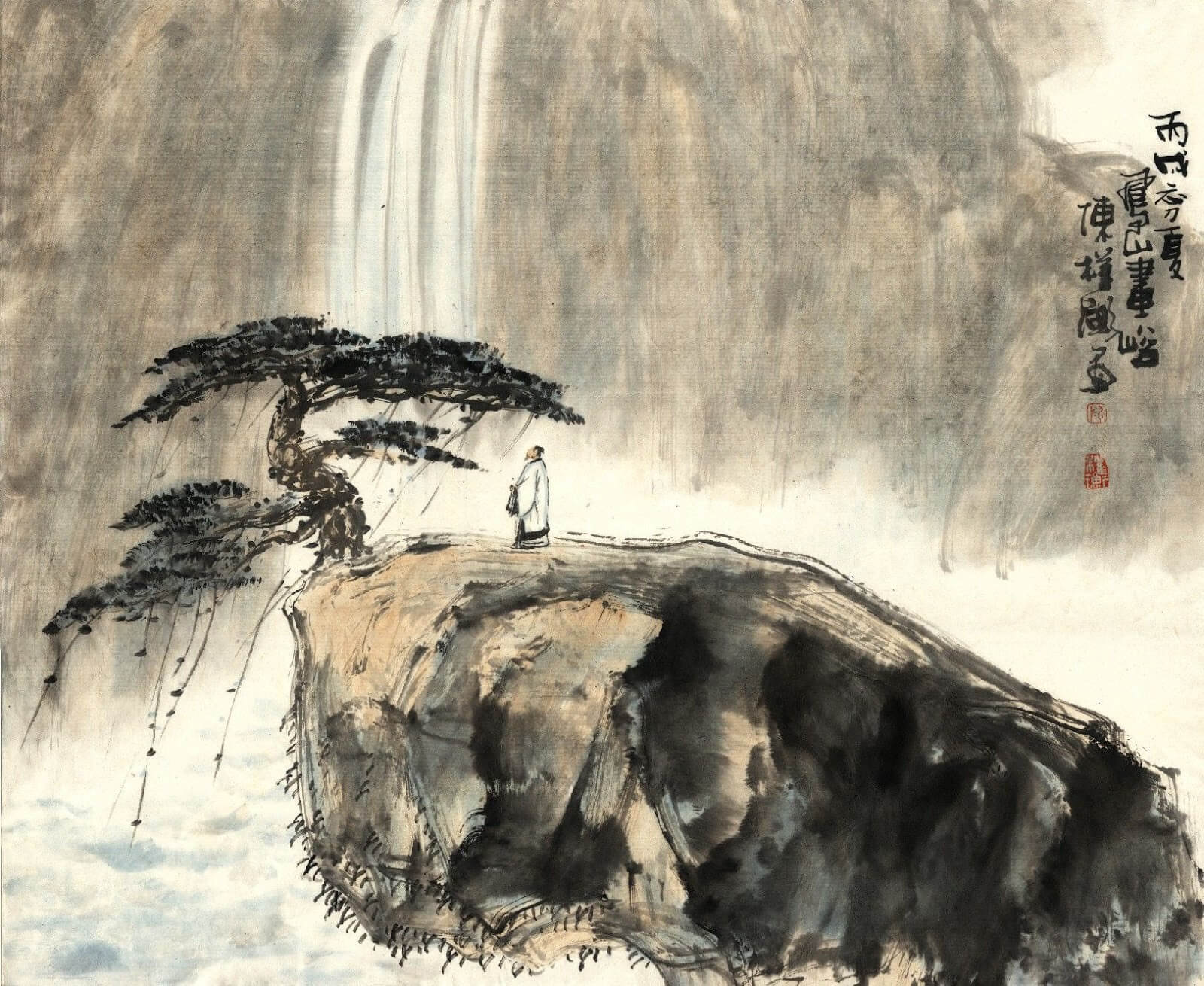
Zhuang Zhou in front of a waterfall. The natural downward flow of water is a common metaphor for naturalness in Daoism. Source: Wikimedia Commonsꜛ (license: public domain)
This perspective has significant ecological implications. By advocating for a way of life that respects and harmonizes with nature, Daoism offers a model for sustainable living. The principle of ziran encourages individuals and societies to minimize their impact on the environment, recognizing that excessive interference with natural processes leads to imbalance and disorder.
Conclusion
Ziran is a foundational concept in Daoist philosophy, encompassing both a metaphysical principle and an ethical ideal. It represents a way of being that is uncontrived, spontaneous, and in harmony with the Dao. Through its emphasis on naturalness, ziran offers an alternative to rigid, artificial modes of action and thought, advocating for a return to simplicity and authenticity.
References
- Slingerland, Edward, Effortless action: Wu-wei as conceptual metaphor and spiritual ideal in early China, 2007, Oxford University Press, ISBN: 978-0195314878
- Richard Wilhelm (Übersetzer), I Ging: das Buch der Wandlungen, 2017, Nikol Verlag, ISBN: 9783868203950
- Laozi, Viktor Kalinke (Übersetzung), Studien zu Laozi, Daodejing, Bd. 1: Eine Wiedergabe seines Deutungsspektrums: Text, Übersetzung, Zeichenlexikon und Konkordanz, 2000, Leipziger Literaturverlag, 2. Auflage, ISBN: 9783934015159
- Viktor Kalinke, Laozi, Studien zu Laozi, Daodejing, Bd. 2: Eine Erkundung seines Deutungsspektrums: Anmerkungen und Kommentare, 2000, Leipziger Literaturverlag, 2. Auflage, ISBN: 9783934015180
- Viktor Kalinke, Nichtstun als Handlungsmaxime: Studien zu Laozi Daodejing, Bd. 3: Essay zur Rationalität des Mystischen, 2011, Leipziger Literaturverlag, ISBN: 9783866601154
- Laozi, Richard Wilhelm (Übersetzer), Tao te king - das Buch des alten Meisters vom Sinn und Leben, 2010, Anaconda, ISBN: 9783866474659
- Zhuangzi, Viktor Kalinke (Translator), Zhuangzi - Das Buch der daoistischen Weisheit, 2019, Reclam, ISBN: 9783150112397
- Lü Bu We (Autor), Richard Wilhelm (Herausgeber, Übersetzer), Das Weisheitsbuch der alten Chinesen - Frühling und Herbst des Lü Bu We, 2015, Anaconda, ISBN: 9783730602133
- Bokenkamp, Stephen R., Early Daoist scriptures, 1999, University of California Press, ISBN: 978-0520219311
- Kohn, Livia, Daoism and Chinese culture, 2005, University of Hawaii Press, ISBN: 978-1931483001
- Robinet, Isabelle, Daoism: Growth of a religion, 1997, Stanford University Press, ISBN: 978-0804728386
- Watson, Burton (trans.), The complete works of Zhuangzi, 2013, Columbia University Press, ISBN: 978-0231164740
- Martin Bödicker, Schrittweise das Dao Verwirklichen - Tianyinzi - Tägliche Übung - Riyong, 2015, Verlag n/a, ISBN: 9781512157475
- Martin Bödicker, Innere Übung - Neiye - Das Dao als Quelle - Yuandao, 2014, CreateSpace Independent Publishing Platform, ISBN: 978-1503157071
- Ingrid Fischer-Schreiber, Michael S Diener (Herausgeber), Franz K Erhard (Herausgeber), Kurt Friedrichs (Herausgeber), Lexikon der östlichen Weisheitslehren - Buddhismus, Hinduismus, Daoismus, Zen, 1986, O.W. Barth, ISBN: 9783502674047
- Ingrid Fischer-Schreiber, Das Lexikon des Daoismus - Grundbegriffe und Lehrsysteme; Meister und Schulen; Literatur und Kunst; meditative Praktiken; Mystik und Geschichte der Weisheitslehre von ihren Anfängen bis heute, 1996, Wilhelm Goldmann Verlag, ISBN: 9783442126644


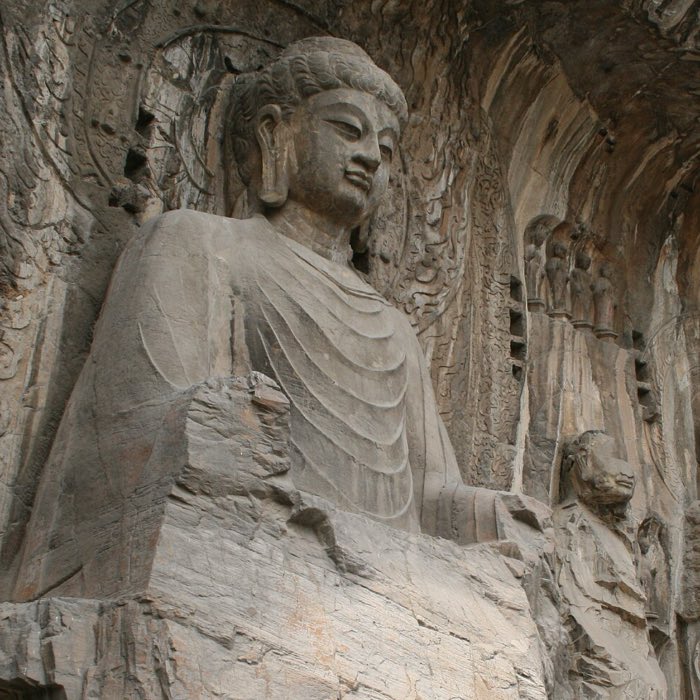
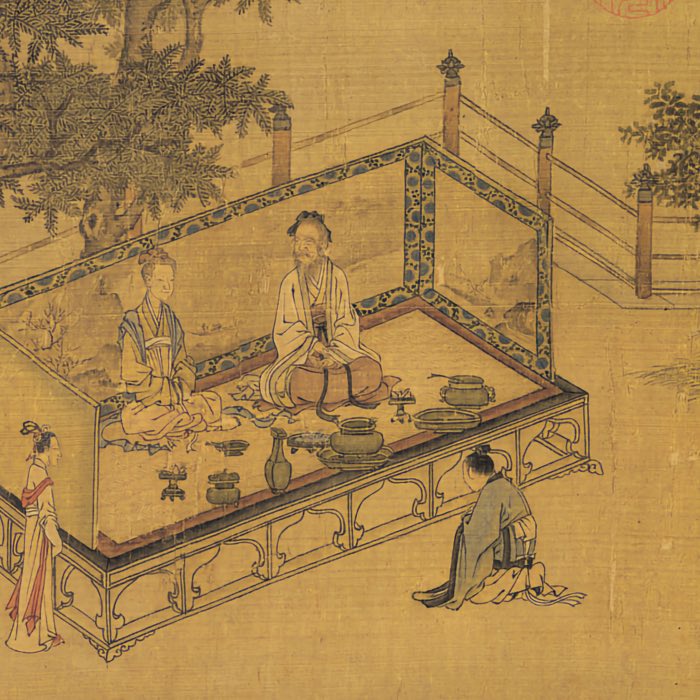
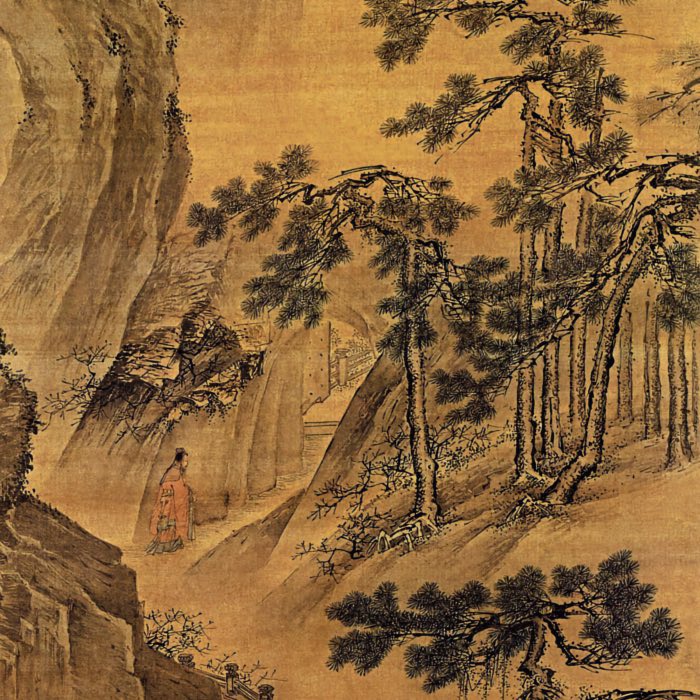
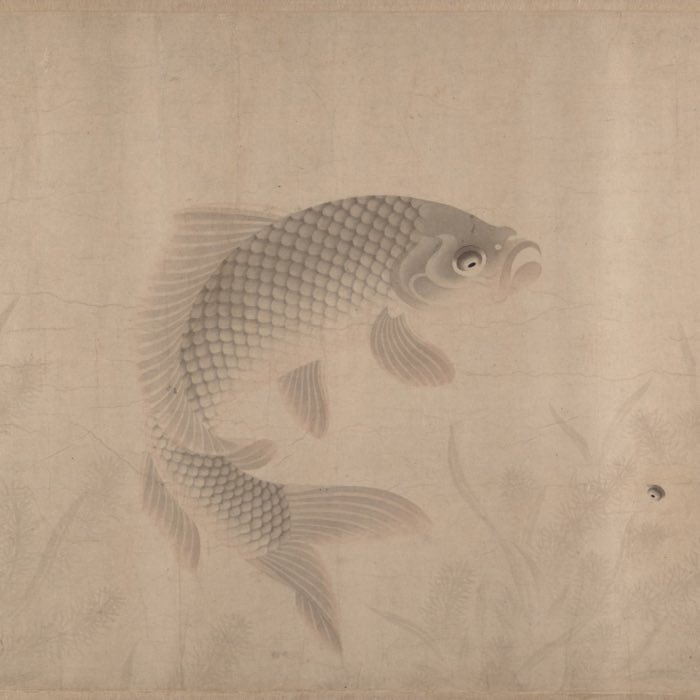


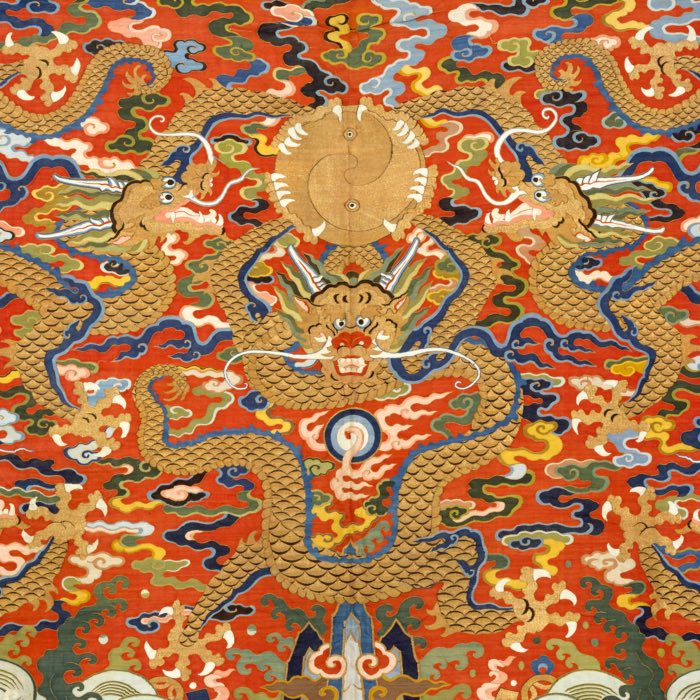
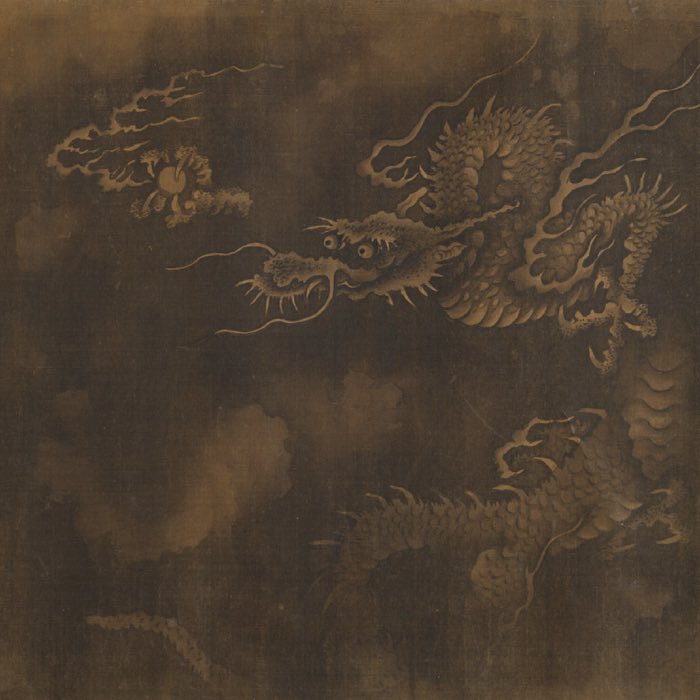
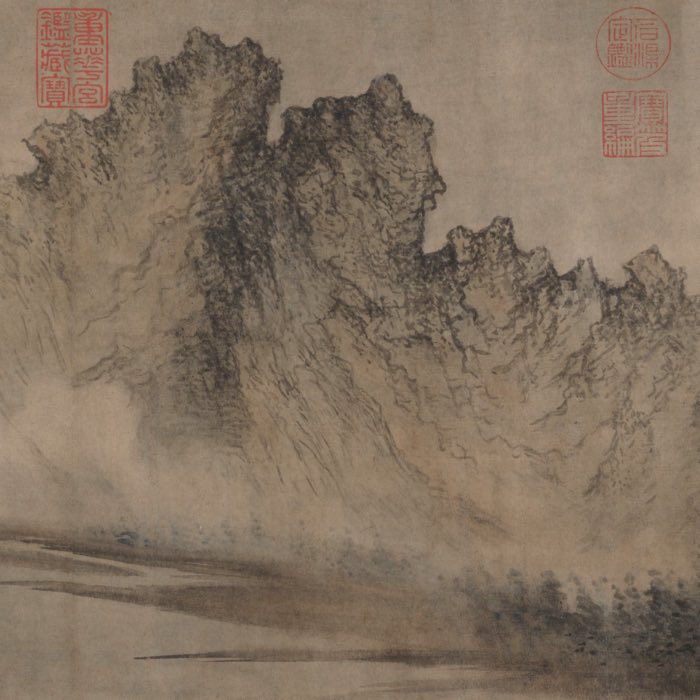
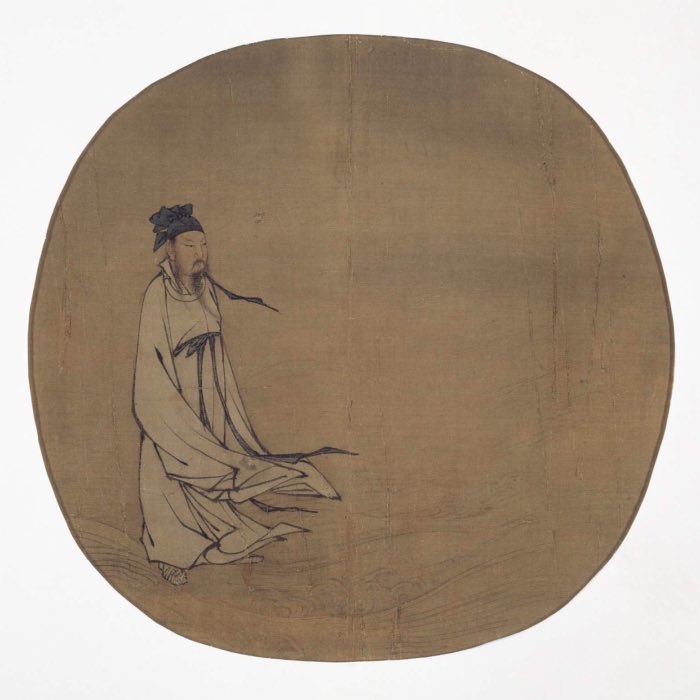









comments